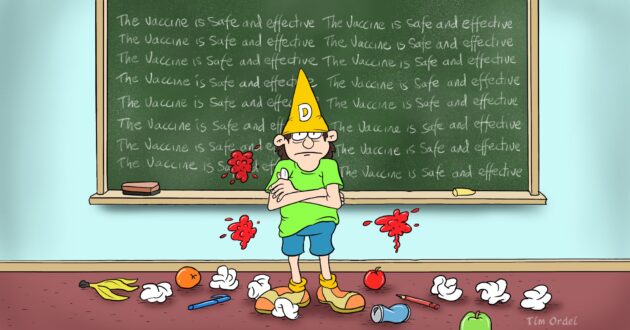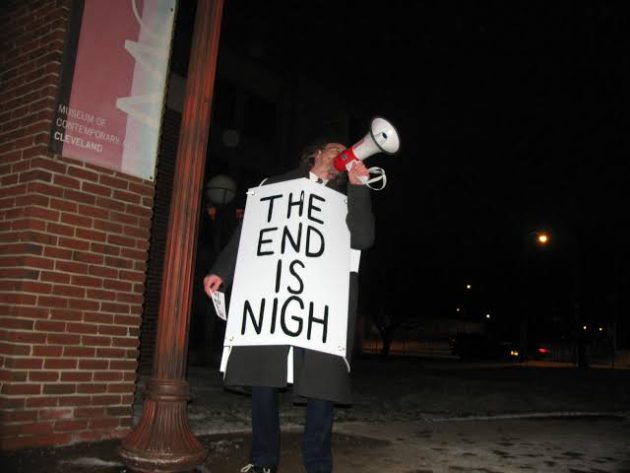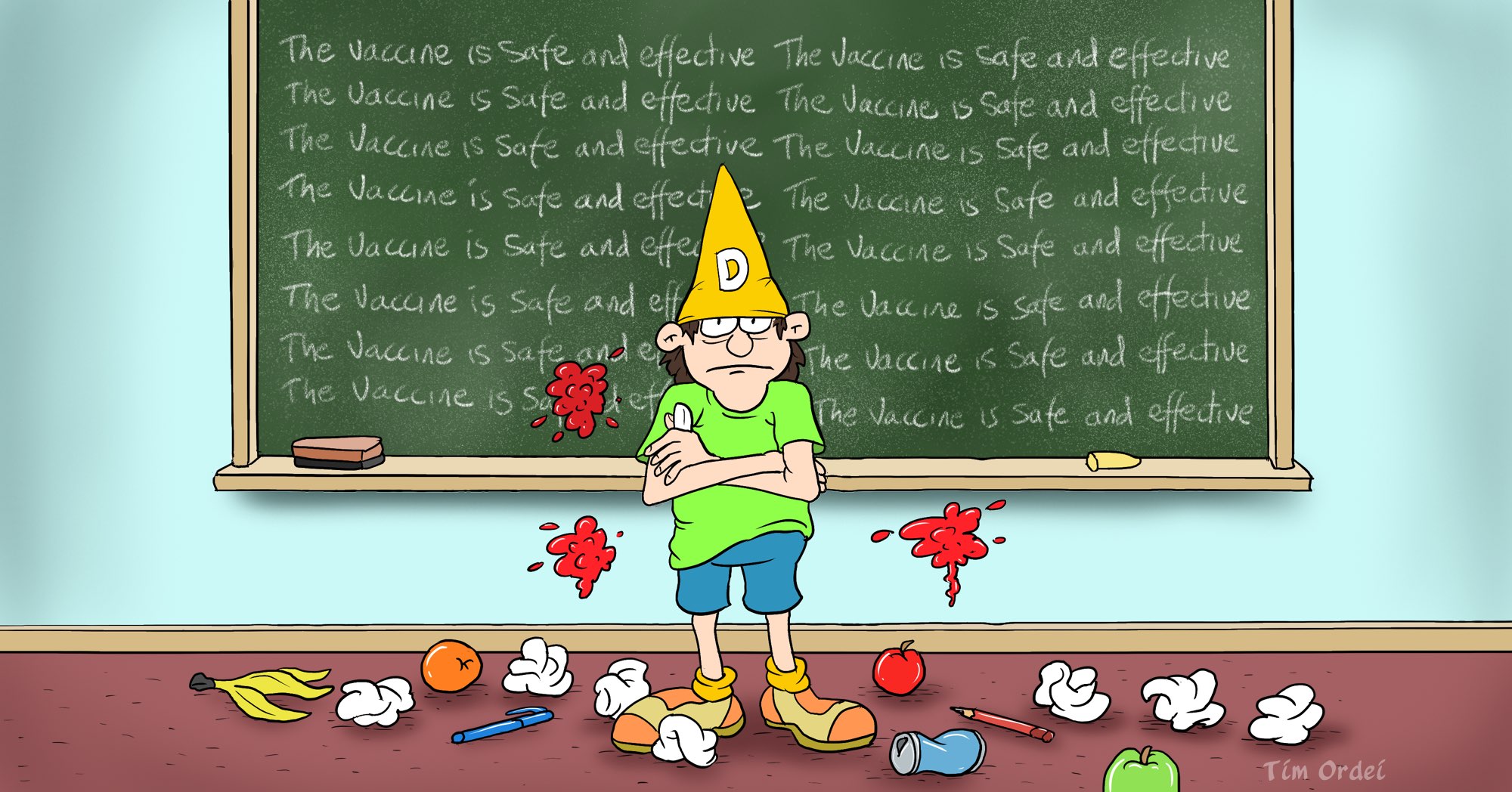Tim Ordei
Everything in this series of articles is my own opinion. My decisions are my own and not recommendations to anyone else. While at this stage I have chosen not to vaccinate against covid, I have taken a considerable amount of time and effort to help improve my odds, not just against Covid, but all infectious diseases.

7. A Social Contagion
Has the vaccine strategy become mass psychosis? I have always been extremely cautious when EVERYONE is saying “I have to do something” and being vilified for not participating in the euphoria of their collectiveness. I observed extremely valuable insights into human nature during the 1987 sharemarket frenzy when I was working in the Auckland advertising industry. This vaccine hysteria is giving me similar vibes and making me very nervous.
The Salem witch trials are probably one of the most famous examples of how social contagions play out. In 1692 a group of teenage girls claimed to be possessed by the devil and accused several women of witchcraft. Salem had been experiencing a number of hardships at the time, such as war, disease epidemics and political strife, so it wasn’t hard to convince some of the villagers that witches were to blame for their misfortune.
This led to anxiety and psychological stress that quickly spread throughout the town and resulted in the execution of 20 villagers. One of the most disturbing characteristics of the Salem Witch trials was the fear they created, culminating in a climate of suspicion and mistrust, that led to othering. If you are an accuser it is much less likely that you would be accused.
In the past social contagions were limited to small geographical areas. But with the widespread use of social media they now have the potential to spread internationally – extremely quickly.
Social contagions, which I think the reaction to Covid has become, are only going to become more common, unless we as a society learn to understand what social media is, and how it can facilitate the spread of psychogenic illnesses.
If I am asked what I think, but reply with an answer I assume is required, rather than the answer I believe to be true, I am part of the psychosis.
If Covid were like the Black Plague, with a 50% mortality rate, we’d be calling MIQ the “Graveyard”. We wouldn’t have mandates, and there would be no protests because EVERYONE would be queuing up for the vaccine. But it is not the plague. The current mortality rate of Covid is about 50 times less, with an average age of death about 80.
Worldwide over 30 million people die every year from lifestyle diseases. 60,000 people die every week from alcohol, with an annual cost to society of almost a trillion dollars. 3,700 people are killed and 100,000 seriously injured every day from motor vehicle accidents, half of which are vulnerable road users; over half the deaths are children and young adults. But I don’t see governments eager to bring an end to junk foods – to say goodbye to McDonald’s, KFC, Pepsi and Coke. What about banning private motor vehicles and meeting our emissions target at the same time, and while we’re at it let’s introduce prohibition and finally bring an end to domestic violence. Why is it that only death by Covid matters? (Maybe it’s worth reading point 3 again).
When I was a teen growing up in the 1970s we had our fair share of doomsday scenarios – a population crisis (scientists told us we’d have mass starvation), acid rain and nuclear war. But we only had access to news on one TV channel, half an hour each night, it wasn’t sensationalised with extreme rhetoric, and it wasn’t 24/7.
Now, the competition for clicks is forcing media to generate a constant stream of exaggerated headlines. The guy that used to stand in the town square on a Friday night proclaiming the end of the world, is now on every phone, in every school, in every bedroom, every minute of the day (and night).

Anxiety and depression in children have doubled over the last two years, and I think this will have serious ramifications for mental health over the coming decades. While this is predominantly the fault of social media and the algorithms they depend on, I’m sure there are teams of PR companies partly responsible for generating alarmism, pushing particular narratives and influencing policies to their advantage. A conspiracy theory, maybe, but I know if I were a soulless marketing guru with a billion-dollar advertising budget, that’s what I’d do.
The Covid pandemic has caused the biggest transfer of wealth in human history… from small businesses to corporations – especially Big Tech and Big Pharma and the large online stores like Amazon – so there’s definitely motive.
Everyone is talking about protecting the vulnerable but has anyone asked the vulnerable if they want to be protected? How many elderly over the last two years have died alone while in lockdown, unable to go to weddings, say goodbye to friends and family, to see their grandchildren, to be hugged?
I’m in the vulnerable category, and I am much more concerned about living in this toxic political environment than I am about dying of Covid. I don’t want my kids’ education and all the opportunities I had growing up sacrificed on my behalf. Let them live and pursue their dreams. Let me assume responsibility for my own life.
I don’t want to define living as the avoidance of death. Fear is driving Covid policy, not science.
8. Poor Government Management
Current policy seems to be based on the fact that decades of successive governments have neglected to adequately invest in both health services and improvements in staff working conditions. After having a year to prepare for the inevitable arrival of Covid, there are no extra ICU beds and all that was effectively done was to piss off nurses with an insulting wage increase.
Decisions are now being made by a government out of its depth, based on panic and fear, advised by a small group of experts with a very narrow range of expertise and cheered on by click-hungry media, rather than well-argued evidence. We seem to have leadership, across all parties, that is not attempting to seek the truth, and not standing up to take the role of an effective opposition, but rather pursuing likes on social media platforms.
We should not have governance by Twitter.
The elimination strategy has gone belly-up, due to border screw-ups, a vaccine that wasn’t that effective and the government mucking around for a year. Unlike diseases like smallpox and polio, Covid-19 has an animal reservoir, so it was never going to be eliminated anyway – even had we achieved 100% vaccination.
There was never a plan B. The government see the coming carnage of Covid and are either panicking, hoping the vaccine will actually work and doubling down to make sure it does. Or they know that it might not, because it’s not reducing spread anywhere else, and they are deliberately creating a social contagion to move blame from poor policy to the unvaccinated.
Managing a crisis in which multiple players are involved that have different beliefs, different interpretations of the science, and different ideas of what the best solutions should be requires considerable leadership skills and a nuanced approach to work through difficult and complex issues. Unfortunately, these skills are rare and haven’t been evident in many countries in the West. Because human beings are tribal by nature, uniting people in a diverse society will always be difficult whereas creating division is easy. The first mistake any leader can make is to assume there is only one solution.
There was too much hope placed on a vaccine, well before it was even available, so I wonder how much influence wishful thinking has played out in policy making and the interpretation of data?

